-
 Bitcoin
Bitcoin $92,797.8357
-0.08% -
 Ethereum
Ethereum $1,758.6497
-1.57% -
 Tether USDt
Tether USDt $1.0000
-0.03% -
 XRP
XRP $2.1873
-2.17% -
 BNB
BNB $598.4009
-1.60% -
 Solana
Solana $150.2791
0.45% -
 USDC
USDC $1.0000
0.01% -
 Dogecoin
Dogecoin $0.1766
-1.22% -
 Cardano
Cardano $0.7008
0.33% -
 TRON
TRON $0.2457
0.21% -
 Sui
Sui $3.0960
4.07% -
 Chainlink
Chainlink $14.7276
-1.04% -
 Avalanche
Avalanche $22.1706
-0.56% -
 UNUS SED LEO
UNUS SED LEO $9.2165
1.99% -
 Stellar
Stellar $0.2700
0.85% -
 Shiba Inu
Shiba Inu $0.0...01339
-0.71% -
 Toncoin
Toncoin $3.1385
1.26% -
 Hedera
Hedera $0.1838
0.91% -
 Bitcoin Cash
Bitcoin Cash $349.7807
-1.68% -
 Polkadot
Polkadot $4.0587
-0.64% -
 Litecoin
Litecoin $82.2851
-1.55% -
 Hyperliquid
Hyperliquid $18.1461
-1.67% -
 Dai
Dai $1.0001
0.00% -
 Bitget Token
Bitget Token $4.4128
-3.05% -
 Ethena USDe
Ethena USDe $0.9994
0.02% -
 Pi
Pi $0.6509
-2.49% -
 Monero
Monero $225.8054
-1.68% -
 Uniswap
Uniswap $5.8067
-2.82% -
 Pepe
Pepe $0.0...08608
-4.14% -
 Aptos
Aptos $5.3975
2.40%
How to close a contract in Kraken
To close a futures contract on Kraken, navigate to the "Futures" tab, select the contract, choose "Close Position," confirm the details, execute the closure, and monitor its status under the "Orders" tab.
Nov 21, 2024 at 01:49 am
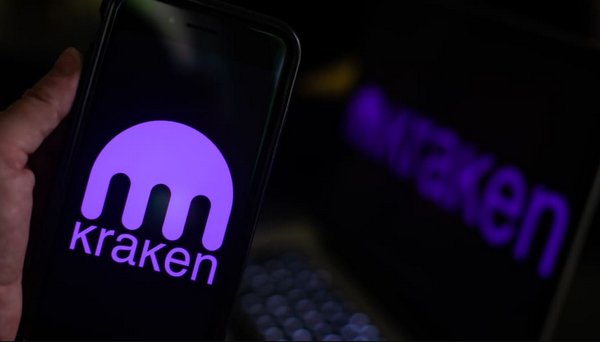
How to Close a Contract in Kraken
Step 1: Navigate to the Contracts Section
Begin by logging into your Kraken account and clicking on the "Futures" tab. This will take you to the dashboard for futures contracts trading on Kraken.
Step 2: Select the Contract You Wish to Close
Locate the specific contract you want to close under the "Positions" section. Alternatively, you can use the search bar to find the contract based on its ticker symbol. Once identified, click on the contract to view its details.
Step 3: Choose the "Close Position" Option
On the contract details page, scroll down to the "Actions" section and select the "Close Position" option. This will open a confirmation dialog box.
Step 4: Confirm the Closure Details
In the confirmation dialog box, carefully review the details of the closure. Ensure that the contract, quantity, and price are correct. You can also add a comment to the closure if desired.
Step 5: Execute the Closure
Once you have verified the closure details, click on the "Close Position" button to complete the process. Kraken will immediately close the contract at the prevailing market price.
Step 6: Monitor the Closure Status
After executing the closure, you can track its status under the "Orders" tab. Look for the "Closed Position" order to ensure that the contract has been successfully closed.
Additional Considerations
- Partial Closure: You can partially close a contract by entering a quantity less than the total contract size. The remaining portion of the contract will continue to stay open.
- Fees: Closing a contract incurs a small fee. Kraken's fee schedule for futures contracts can be found on the platform.
- Market Conditions: Market conditions can affect the price at which your contract is closed. Consider prevailing market trends and volatility before executing the closure.
- Stop-Loss and Take-Profit Orders: You can place stop-loss or take-profit orders to automatically close your contract at predetermined price levels. This can help you manage risk and lock in profits.
- Tax Implications: Closing a contract can have tax implications depending on your jurisdiction. Consult with a tax professional to understand the tax consequences of your trades.
Disclaimer:info@kdj.com
The information provided is not trading advice. kdj.com does not assume any responsibility for any investments made based on the information provided in this article. Cryptocurrencies are highly volatile and it is highly recommended that you invest with caution after thorough research!
If you believe that the content used on this website infringes your copyright, please contact us immediately (info@kdj.com) and we will delete it promptly.
- Analysts say Trump's import tariffs expose vulnerabilities in the US bond market, highlighting Bitcoin's unique economic properties
- 2025-04-24 22:20:12
- PEPE pulls back 5% after hitting resistance near $0.00000936. Whale accumulation hints at a potential recovery toward $0.00001025 and possibly $0.00001584.
- 2025-04-24 22:20:12
- Bitcoin (BTC) dominance as a haven within crypto may be up for debate, but within crypto it's hardly questionable
- 2025-04-24 22:15:12
- Record Profit Surge: Revolut Doubles Annual Earnings to $1.3 Billion
- 2025-04-24 22:15:12
- XRP Ledger Faced a Major Security Breach Involving xrpl.js JavaScript Library
- 2025-04-24 22:10:13
- Trump's Meme Coin Soars 70% After Exclusive Investor Dinner Announcement
- 2025-04-24 22:10:13
Related knowledge
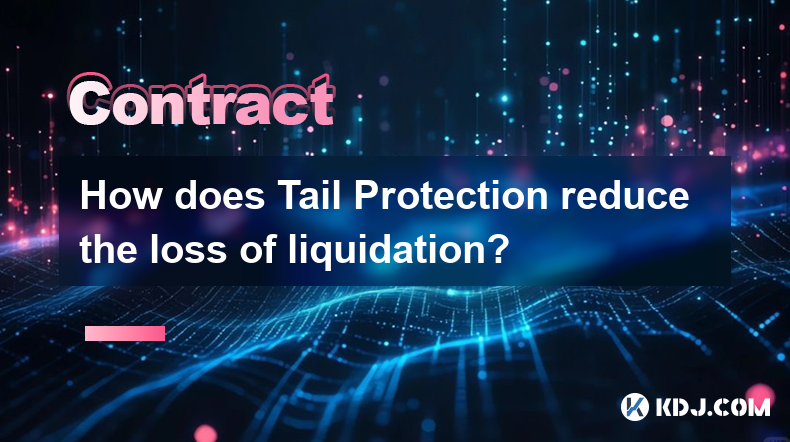
How does Tail Protection reduce the loss of liquidation?
Apr 11,2025 at 01:50am
Introduction to Tail Protection in CryptocurrencyTail Protection is a mechanism designed to mitigate the risks associated with liquidation in cryptocurrency trading. Liquidation occurs when a trader's position is forcibly closed by the exchange due to insufficient margin to cover potential losses. This often happens in leveraged trading, where traders b...
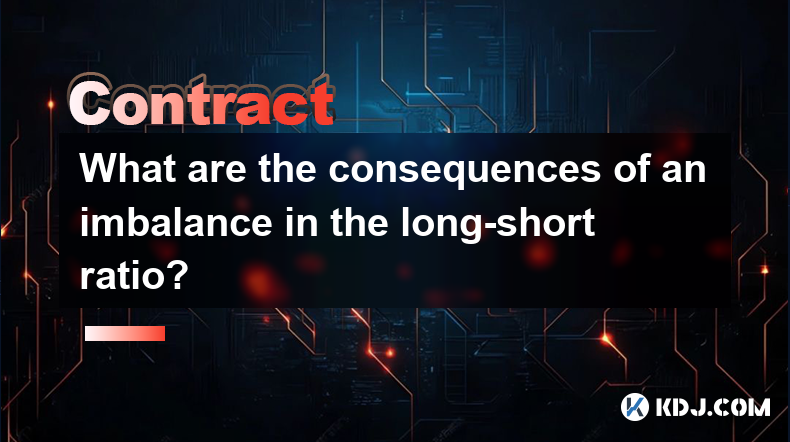
What are the consequences of an imbalance in the long-short ratio?
Apr 13,2025 at 02:50pm
The long-short ratio is a critical metric in the cryptocurrency trading world, reflecting the balance between bullish and bearish sentiments among traders. An imbalance in this ratio can have significant consequences on the market dynamics, affecting everything from price volatility to trading strategies. Understanding these consequences is essential fo...
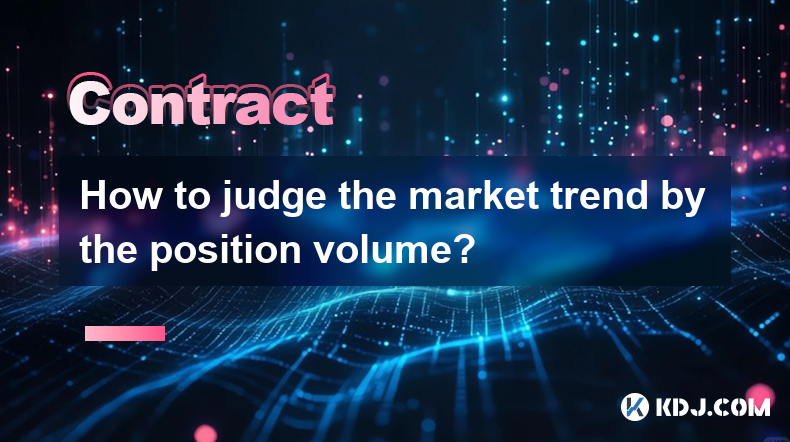
How to judge the market trend by the position volume?
Apr 11,2025 at 02:29pm
Understanding how to judge the market trend by position volume is crucial for any cryptocurrency trader. Position volume, which refers to the total number of open positions in a particular cryptocurrency, can provide valuable insights into market sentiment and potential price movements. By analyzing this data, traders can make more informed decisions ab...

Why does a perpetual contract have no expiration date?
Apr 09,2025 at 08:43pm
Perpetual contracts, also known as perpetual futures or perpetual swaps, are a type of derivative product that has gained significant popularity in the cryptocurrency market. Unlike traditional futures contracts, which have a fixed expiration date, perpetual contracts do not expire. This unique feature raises the question: why does a perpetual contract ...
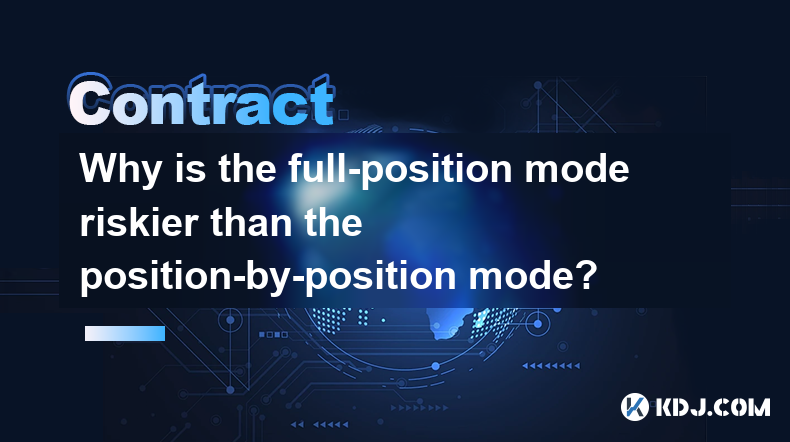
Why is the full-position mode riskier than the position-by-position mode?
Apr 13,2025 at 03:42pm
Why is the Full-Position Mode Riskier Than the Position-by-Position Mode? In the world of cryptocurrency trading, the choice between full-position mode and position-by-position mode can significantly impact the risk profile of a trader's portfolio. Understanding the differences between these two modes is crucial for making informed trading decisions. Th...
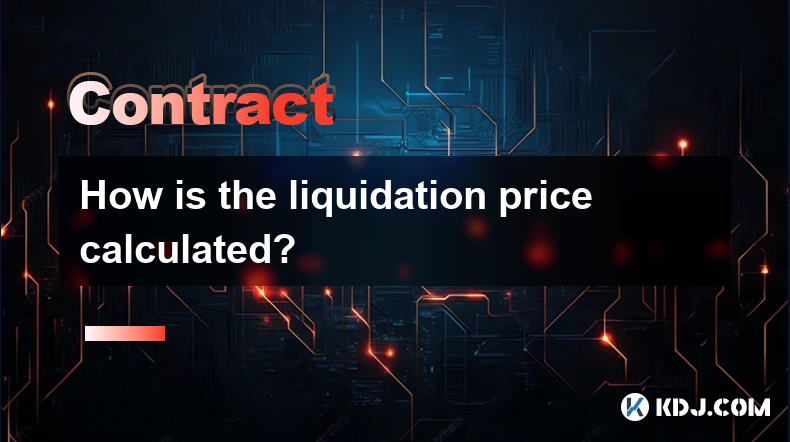
How is the liquidation price calculated?
Apr 12,2025 at 01:35am
Introduction to Liquidation PriceLiquidation price is a critical concept in the world of cryptocurrency trading, particularly when dealing with leveraged positions. Understanding how this price is calculated is essential for traders to manage their risk effectively. The liquidation price is the point at which a trader's position is forcibly closed by th...

How does Tail Protection reduce the loss of liquidation?
Apr 11,2025 at 01:50am
Introduction to Tail Protection in CryptocurrencyTail Protection is a mechanism designed to mitigate the risks associated with liquidation in cryptocurrency trading. Liquidation occurs when a trader's position is forcibly closed by the exchange due to insufficient margin to cover potential losses. This often happens in leveraged trading, where traders b...

What are the consequences of an imbalance in the long-short ratio?
Apr 13,2025 at 02:50pm
The long-short ratio is a critical metric in the cryptocurrency trading world, reflecting the balance between bullish and bearish sentiments among traders. An imbalance in this ratio can have significant consequences on the market dynamics, affecting everything from price volatility to trading strategies. Understanding these consequences is essential fo...

How to judge the market trend by the position volume?
Apr 11,2025 at 02:29pm
Understanding how to judge the market trend by position volume is crucial for any cryptocurrency trader. Position volume, which refers to the total number of open positions in a particular cryptocurrency, can provide valuable insights into market sentiment and potential price movements. By analyzing this data, traders can make more informed decisions ab...

Why does a perpetual contract have no expiration date?
Apr 09,2025 at 08:43pm
Perpetual contracts, also known as perpetual futures or perpetual swaps, are a type of derivative product that has gained significant popularity in the cryptocurrency market. Unlike traditional futures contracts, which have a fixed expiration date, perpetual contracts do not expire. This unique feature raises the question: why does a perpetual contract ...

Why is the full-position mode riskier than the position-by-position mode?
Apr 13,2025 at 03:42pm
Why is the Full-Position Mode Riskier Than the Position-by-Position Mode? In the world of cryptocurrency trading, the choice between full-position mode and position-by-position mode can significantly impact the risk profile of a trader's portfolio. Understanding the differences between these two modes is crucial for making informed trading decisions. Th...

How is the liquidation price calculated?
Apr 12,2025 at 01:35am
Introduction to Liquidation PriceLiquidation price is a critical concept in the world of cryptocurrency trading, particularly when dealing with leveraged positions. Understanding how this price is calculated is essential for traders to manage their risk effectively. The liquidation price is the point at which a trader's position is forcibly closed by th...
See all articles























































































